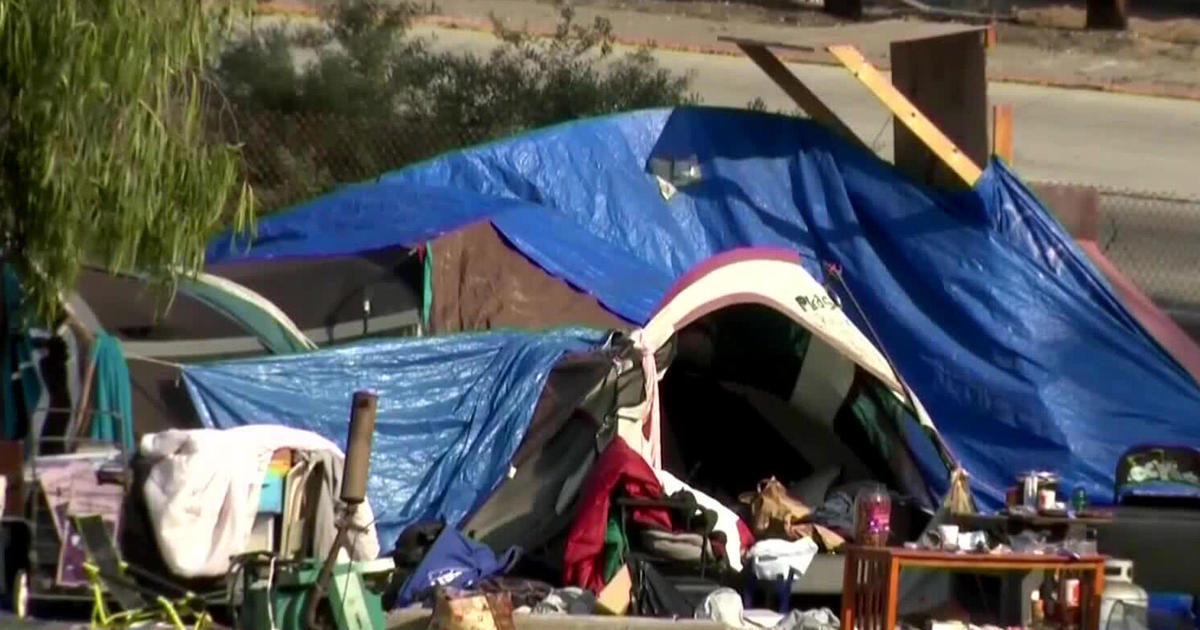California Joins House In Asking Supreme Court To Immediately Decide Fate Of Obamacare
(CNN) -- Lawyers for the Democratic-led House of Representatives as well as California and other Democratic-led states asked the Supreme Court Friday to immediately step in to decide the fate of the Affordable Care Act.
Calling the law a "fixture of the American health-care system" Donald Verrilli, a lawyer for the House, urged the justices in legal briefs to review a "remarkable" lower court decision that "threatens profound destabilization of the health care system."
"The present case represents yet another effort by litigants who disagree with the policy judgments embodied in the ACA to use the courts, rather than the democratic process, to undo the work of the people's elected representatives," the filing states.
Last month, a federal appeals court held that the law's individual mandate was unconstitutional, but sent the case back down to a lower court to decide whether other provisions of the sprawling law should remain in effect.
The petition filed by supporters of the law is a long shot bid because the Supreme Court does not usually like to take up an issue until it has made its way through the lower courts. But if the necessary four justices agree to hear the case and expedite it for this term -- it would mean that the justices would render a decision concerning the fate of the controversial law this spring, just as the presidential election gears up.
And although the Trump administration believes the entire law should ultimately be invalidated, it may not look forward to such a decision impacting millions of Americans coming down before the election.
In 2012, Chief Justice John Roberts cast the key vote in the 5-4 decision upholding the Affordable Care Act's holding that the individual mandate was valid under Congress' taxing power. But in 2017, the Republican-led Congress cut the tax penalty for those who lacked insurance to zero as part of the year-end tax overhaul.
"Although the ACA has continued to be the subject of policy debate, this Court has definitively held that the Act's health insurance reforms are constitutional," the House filing Friday states.
Texas and other Republican-led states sued arguing that since the mandate was no longer tied to a specific tax penalty, it had lost its legal underpinning. They also argued that because the individual mandate was intertwined with a multitude of other provisions, the entire law should fall, including protections for people with preexisting conditions.
The House responds that in 2017, a specific congressional effort to repeal the law failed, demonstrating Congress' intent not to kill it entirely.
Argument to take up case immediately
Arguing that the lower court opinion poses a "severe, immediate and ongoing threat" to the orderly operation of health care markets throughout the country, Verrilli asks the justices to take up the case on an expedited basis and decide it this term. He proposes potential schedules, including one scenario where the justices would consider whether to expedite the case as early as their closed-door meeting next Friday, and consider whether to take up its merits later in January.
California and other states said in a separate filing that the justices need to step in now, arguing that lower court decisions have "cast doubt" on hundreds of statutory provisions that "together regulate a substantial portion of the Nation's economy."
"States, health insurers, and millions of Americans rely on those provisions when making important -- indeed, life-changing -- decisions," the states argue.
University of Michigan law professor Nicholas Bagley, a supporter of the law, said in a tweet that there is a chance that the four liberal justices on the court would agree to take up the case this term.
"The validity of the ACA is an issue of national importance," he tweeted and added that the four liberal justices may be able to "count on" Roberts' vote.
"As a raw political calculation, too, the liberal justices might prefer to hear the case now instead of running the risk that Trump will have a chance to hand-pick a successor to one of the liberal justices," like Ruth Bader Ginsburg or Stephen Breyer, who are both in their 80s.
But Bagley acknowledged there is a "case for waiting." He noted that the law will remain in effect while the district court reviews the case and legal proceedings continue, which, he said, could take as long as three years.
In addition, he noted that the court does not like to hear cases "before they're final."
"Maybe the liberal justices will decide that the prudent course is to wait," he said.
This story has been updated with additional information from the court filings.
The-CNN-Wire
™ & © 2020 Cable News Network, Inc., a WarnerMedia Company. All rights reserved.



